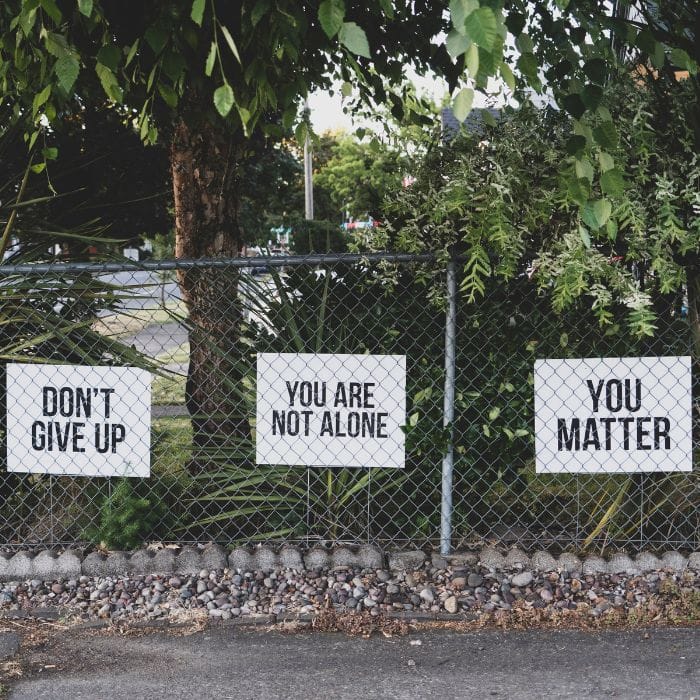Starting Saturday, July 16, the new national mental health hotline 988 will be available in Illinois.
The National Suicide Prevention Lifeline program has been around since 2005, but the new three-digit code callers can dial is now available nationwide. Calls will be answered by trained crisis counselors utilizing state and federal funding.
The Pritzker administration said in addition to federal funds, nearly $15 million in state tax funds is committed to the program. Illinois’ budget that started Jul. 1 takes $5 million out of the statewide 911 fund to start up the new number for mental health emergencies.
“The 988 number that we’re establishing and we’re launching does take an enormous burden off our police, these are for mental health calls,” Pritzker said in April.
Friday, Pritzker’s administration said the new code is a “first step toward transforming crisis care in America, a universal entry point to needed crisis services in line with access to other emergency medical services.”
Staffing could be an issue. A study last year form the Pew Charitable Trusts found that few emergency call centers have staff with behavioral health crisis training.
Kent McKenzie, director of emergency communications in Lake County, said last year the extent of training in the field is inconsistent.
“We see some that are providing a great deal of training for telecommunicators, call takers and their centers, and then others that just don’t have the resources to provide much training at all,” McKenzie said.
About 1,400 people per year commit suicide in Illinois, according to Illinois Department of Public Health data, regularly ranking as the 11th most common cause of death.
“Suicide is the third leading cause of death for young adults ages 15-34 in Illinois and fourth leading cause of death for those ages 35-44,” Pritzker’s administration said in a statement.
For mental health services, the Pritzker administration said the total amount budgeted this year is $830.3 million, an increase of nearly a quarter-billion dollars from several years ago.
“The pandemic has had an impact on stress levels and mental health across the board,” said Dr. David Albert with the Illinois Department of Human Services. “This is an effort to increase access to vital crisis services, improve the efficacy of suicide prevention efforts, and overcome the stigma around getting help.”
More information can be found 988hotline.illinois.gov.
This article originally appeared on The Center Square.






